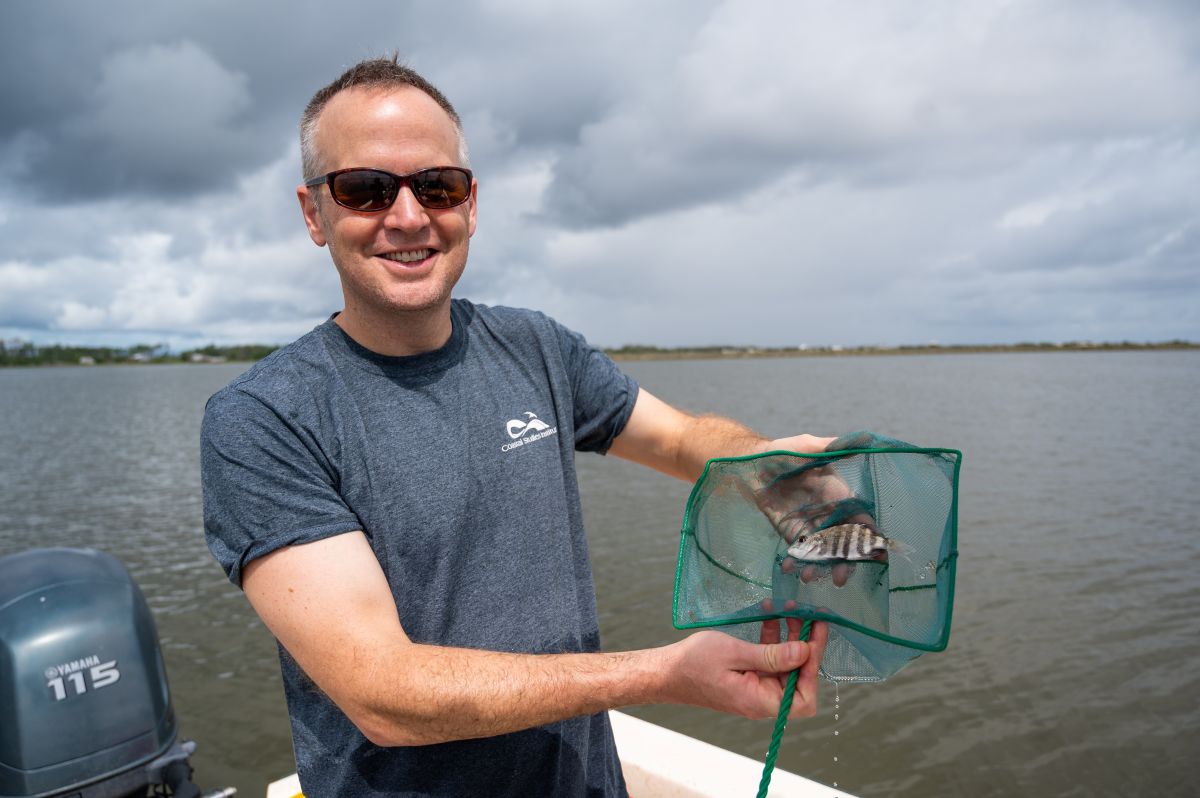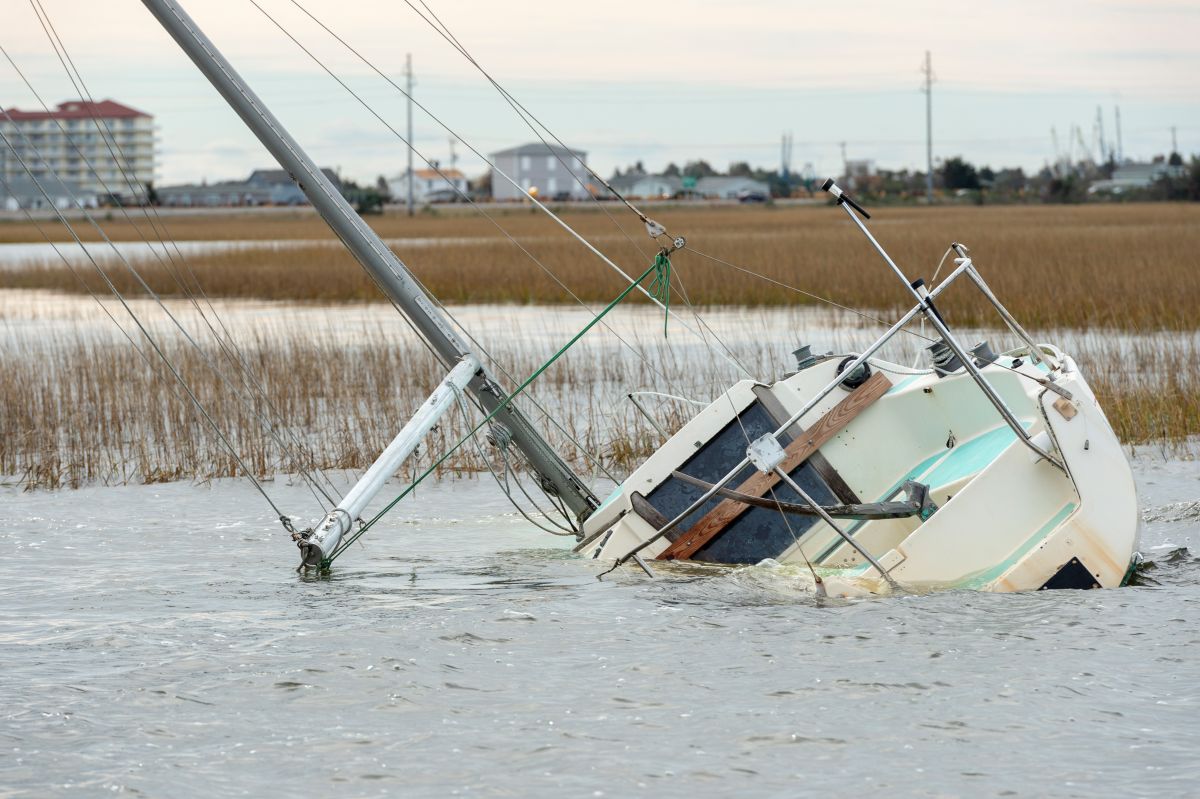
The New Hanover Board of Education was denied a rehearing on a lawsuit disputing the state attorney general’s authority to distribute environmental enhancement grants funded through an agreement with Smithfield Foods.
The plaintiffs were petitioning the April 3 decision by the state Supreme Court that keeps the 2000 arrangement between then- Attorney General Mike Easley and the meat-processing company based in Smithfield, Virginia.
Supporter Spotlight
Easley entered into the agreement “following a five-year period during which ruptured or flooded hog waste lagoons spilled millions of gallons of waste into North Carolina’s waterways,” the court document states. The agreement came a year after Hurricane Floyd, which flooded eastern North Carolina.
Part of the agreement between the attorney general and Smithfield Foods and subsidiaries is that the company would pay $2 million each year for 25 years to be distributed by the attorney general to enhance the environment.
Now governor, Roy Cooper was serving as attorney general in 2003 when he established the Environmental Enhancement Grants Program in order to “improve the air, water and land quality of North Carolina by funding environmental projects that address the goals of the agreement,” the court document states.
The grant program accepts each year applications reviewed by a panel with representatives from the state’s Department of Justice, the Department of Environmental Quality, the Department of Natural and Cultural Resources, academic institutions, and conservation-focused nonprofit organizations. The panel then makes a recommendation to the attorney general who chooses grantees decides the amount up to $500,000.
Francis De Luca with Civitas, “North Carolina’s most broadly supported conservative policy organization” according to the website, filed a complaint in October 2016 alleging that the payments made as part of the agreement were civil penalties and the funds should be going to county schools, under article IX, section 7 of the state Constitution, the court document continues.
Supporter Spotlight
The attorney general in December 2016 filed a motion to dismiss De Luca’s complaint. A month later, De Luca filed an amended complaint, to which he added the New Hanover County Board of Education as party plaintiff and substituted current Attorney General Josh Stein, as the party defendant. The attorney general then filed an amended dismissal motion.
The plaintiffs filed a motion June 14, 2017, seeking a preliminary injunction to stop the attorney general from disbursing any more funds under the grant program as well as require the attorney general to initiate legal proceedings to recover any funds that had been distributed through the program since 2014.
Judge Robert H. Hobgood July 2017 entered an amended preliminary injunction to prevent the attorney general from distributing any grant funds awarded on or after Sept. 30, 2016.
The North Carolina Coastal Federation and Sound Rivers Inc. filed a motion Aug. 21, 2017, asking permission to intervene in support of the attorney general and a proposed answer to plaintiffs’ amended complaint.
The trail court Oct. 12, 2017, granted the attorney general’s motion for summary judgment, or a request to rule that the other party has no case, as well as denied plaintiffs’ summary judgment motion, dismissed plaintiffs’ complaint and dissolved the preliminary injunction.
Plaintiffs took the case to the Court of Appeals, which reversed the trial court’s order. Judge Bryant dissented from the majority’s decision, stating that the trial court had not erred by concluding as a matter of law that funds paid pursuant to the agreement were not penalties subject to the state Constitution.
The attorney general, Coastal Federation and Sound Rivers appealed the Court of Appeals’ decision based upon Judge Bryant’s dissent.
On April 3, 2020, the state Supreme Court reversed the decision of the Court of Appeals and determined that the trial court correctly decided to enter summary judgment in favor of the Attorney General on the grounds that the payments as part of the agreement did not constitute penalties.
The plaintiff petitioned for a rehearing, which was denied May 18.
This year, the Environmental Enhancement Program distributed more than $3.5 million to 27 grantees, the first round of EEG grant awards since 2016 because of the litigation.







